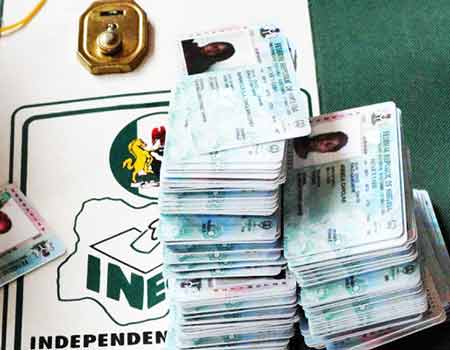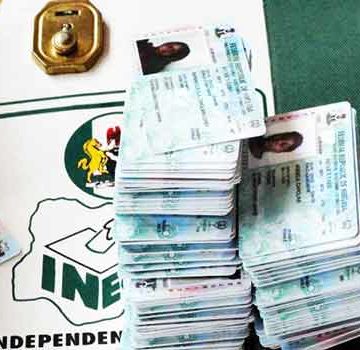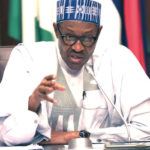THREE months to the February Presidential election, 473,476 Permanent Voters Card remain uncollected in Edo State, the Edo State Resident Electoral Commission (REC), Mr Emmanuel Alex Hart, has disclosed.
Hart who spoke in Benin yesterday explained that on assumption of duty, he met over 700,000 uncollected PVCs in the State but was able to reduce to it 473,467.
He added that the total numbers of registered voters in the State stood at 1,992,856 while 1,519,350 PVCs have been collected by potential voters.
The commissioner, however, noted that the collection of PVCs in the State has greatly improved as a result of the sustained sensitisation by the electoral body.
He remarked that the commission intended to display the national register of voters at polling unit by November 6, to afford the people the opportunity to make claims for inclusion names, objection to deceased, underage, multiple and those of foreign nationals.
Hart pleaded with the political parties and all stakeholders to cooperate with its field officers and help to create the needed awareness on the need for people to validate the register for 2018.
ALSO READ: How Togolese cook allegedly killed boss in Lagos — Police
Hart explained that the commission is working in synergy with the security agents to see how to curb vote buying in the State during the 2019 general election.
He said: “We are working with security agents because INEC that is supervising election cannot go about looking for vote buyers, but the security agent can address such situation while also providing security.”
Determined to reach out to a large audience, especially at the grassroots, he added that the commission took the campaign against vote buying to the markets, churches and mosques.
“We are sending people to the mosques, markets and churches because not everyone has television and radio at home and those who have may not get electricity or battery to watch and listen to the radio. So, we send our staff to those areas to sensitise the people against vote buying and other electoral practices.”







